Black Salt: 7 Potential Health Benefits, Types, And More
Enjoy the health-boosting properties of black salt and watch your body flourish in no time!
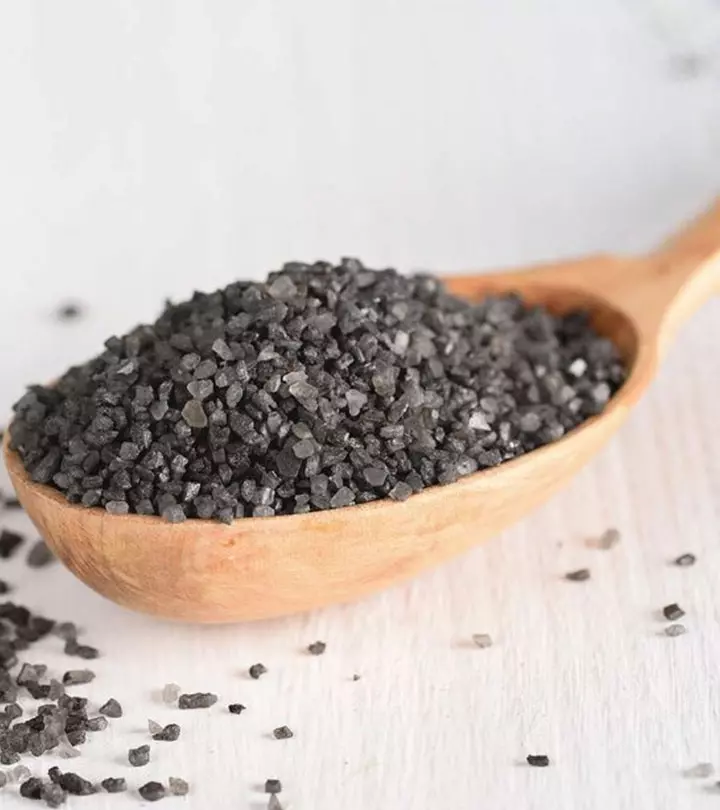
Image: ShutterStock
Ayurveda has long recognized the benefits of black salt. It has a pungent odor and a light pink color. Indian cuisine commonly features black salt due to its therapeutic virtues. It is a mineral-rich food and a good choice for people with high blood pressure and following a low-salt diet. This salt has many health benefits. However, this claim is not scientifically supported since no studies have been conducted on it.

What are the common black salt uses?
It is said that black salt can reduce body weight, ease constipation and bloating, improve digestion, alleviate muscle pain, and relieve heartburn. This article discusses all the advantages of black salt, what makes it different from ordinary salt, how to use it for maximum benefits, and its potential side effects.
Check it out!
 Know Your Ingredient: Black Salt
Know Your Ingredient: Black SaltWhat Is It?
Dark pink volcanic rock salt originating from the Himalayan region.
What Are Its Benefits?
It may help with weight loss, cure digestive problems, improve muscle functioning, alleviate edema, and relieve heartburn.
Who Can Use It?
Can be used all
How Often?
It can be used in moderate quantities, as a part of the daily diet.
Caution
Excess consumption can cause serious concerns in pregnant women and hypertension patients.
In This Article
What Is Black Salt?
Black salt is a rock salt that comes from the salt mines located in the Himalayas. This salt has a pungent smell and takes on a light pink color when ground into a fine powder. It contains a unique sulfur component that is frequently compared to boiled egg yolks and is super healthy.
According to Ayurveda, black salt is considered to be a cooling salt and the most beneficial variety of salt.
The chemical composition of black salt includes sodium chloride, sodium sulfate, sodium bisulfate, sodium bisulfite, sodium sulfide, iron sulfide, and hydrogen sulfide.
Key Takeaways
- Black salt may aid in weight loss and treat constipation.
- Mix black salt with warm water and drink it on an empty stomach every morning.
- Black salt can also be used to remove dirt and dead cells from your skin.
- Excess consumption of black salt may lead to hypertension in pregnant women.
Types of Black Salt
There are three types of black salt: black ritual salt, black lava salt, and Himalayan black salt.
1. Black Ritual Salt
Black ritual salt (also known as witches salt) is a mix of ashes, sea salt, charcoal, and sometimes black dye. This salt is not recommended for eating.
Some people keep this salt under their bed or sprinkle it around their yard because they believe that it can protect them from spirits.
2. Black Lava Salt
Black lava salt (also known as Hawaiian black salt) comes from Hawaii and has an earthy flavor.
It is used as a finishing salt and sprinkled on food at the end of cooking.
Black lava salt adds a mild smoky flavor to dishes.
3. Himalayan Black Salt
Himalayan black salt (also known as Indian black salt) has a savory flavor and is commonly used in cooking.
Indian black salt has a pungent sulfurous smell, and it is widely known for its medicinal properties.
This salt adds a great smoky flavor to dishes.
 Quick Tip
Quick TipSince there are three different types of black salt, you must be wondering…
Is Black Salt Better Than White Salt?
Black salt is different from white salt in taste and the way it is processed. Unlike regular iodized salt, it is claimed to not increase the level of sodium in your blood. However, you should be aware of your iodine levels before completely switching to black salt to avoid any possible deficiency.
Black salt has a unique sulfurous aroma and a deep smoky flavor. Table salt has a salty taste (1).
All processed foods contain white salt (2). Table salt contains additives like aluminum silicate and potassium iodate. Potassium iodate especially is harmful to health as it can cause tissue damage through lipid oxidation (3), (4). When compared with table salt, black salt contains fewer additives.
Now that you know how different white salt and black salt are from each other, let’s check out how black salt benefits health.
What Are The Health Benefits Of Eating Black Salt?
1. May Aid Weight Loss

Black salt is said to aid weight loss by dissolving and disintegrating enzymes and lipids to prevent the accumulation of fats in the body. This is why it is an essential part of Ayurvedic weight-loss products like Lavana Tailam.
High sodium intake is associated with an increase in appetite, which consequently spikes energy intake and leads to weight gain (5). In contrast, black salt is believed to contain lower amounts of sodium and to aid in managing body weight. However, limited research is available to support this point.
2. May Cure Constipation And Bloating
Black salt is an integral part of several Ayurvedic churnas and homemade digestive pills. This is because it is believed to treat constipation, stomach irritation, and many other stomach ailments.
Black salt is also claimed to improve digestion and reduce acid reflux, acts as a laxative, and relieve gas and bloating. However, scientific research is needed to support these claims.
3. May Relieve Muscle Spasms And Cramps
Black salt may help in relieving painful muscle cramps.
Potassium, a mineral available in black salt, is essential for proper muscle function (6). Thus, replacing your regular salt with black salt may help keep muscle pains and cramps at bay, though not enough research is available to prove the same.
4. May Reduce Water Retention
Water retention is caused by the accumulation of fluids in the tissues or cavities in your body. One of the causes of water retention is the excess consumption of sodium (7). Compared to white salt, black salt is said to have lower sodium content, making it a potential treatment for water retention. However, research is required to understand the exact mechanism responsible for this benefit.
5. May Cure Heartburn

Heartburn is caused by excess acid accumulating in your stomach. The alkaline nature of black salt is said to balance the acid production in the stomach and treat heartburn. This salt is also believed to be full of minerals, making it highly appropriate to be used to cure acidity. However, there is minimal research to support this claim.
6. Works As A Great Cleanser
Adding a small amount of black salt to your cleanser or scrub may help impart some glow to your skin. This is because the granular texture of the salt can help unclog pores and reduce the oiliness and dullness on your face. For best results, do this every night before you go to sleep. However, be careful not to scrub too hard, as it may irritate sensitive skin.
7. May Stop Hair Fall And Reduce Dandruff

Anecdotal evidence suggests that black salt may boost your hair’s natural growth and reduce dandruff. The minerals in it are claimed to strengthen your hair and treat split ends, though there is limited research to prove the same.
It is claimed that black salt helps in natural detoxification Check out the next section to know more about this potential benefit.
How To Use Black Salt For Detoxifying
Some anecdotal evidence suggests that black salt may act as a natural detoxifier and remove all toxins from the body. Though there is no scientific data that proves this, you can try out the following remedy if you are in the mood for some detox.
Mix one tablespoon of black salt in a glass of warm water. Drink it on an empty stomach first thing in the morning.
However, drinking salt water should be avoided for people with high blood pressure to prevent any sodium overload. It is also not recommended if you feel any sensation of nausea or vomiting.
There are a couple of different ways that black salt is used to improve your skin. Check them out in the next section!
How To Use Black Salt For Skin
1. Cleansing Solution Using Black Salt For Healthy Skin
This solution works as a natural detoxifier to flush out all toxins and cleanse your intestines and kidneys. This, in turn, is said to make your skin look healthier.
What You Need
- 1 cup black salt
- Wooden/ceramic spoon (because black salt reacts with metal)
- 1 glass jar
- 2 cups distilled water
What To Do
- Put the salt in the jar and fill it with distilled water.
- Let the solution sit overnight. Check in the morning to ensure that all the salt has dissolved in the water. Add more salt if required.
- Add one teaspoon of this solution to a glass of warm water and drink it on an empty stomach every morning.
Again, this is not recommended for people with high blood pressure.
2. Black Salt Scrub For Skin
The granules of black salt work as a physical exfoliant to remove the dirt and dead skin cells accumulated in your pores.
This makes your skin look brighter and healthier.
What You Need
- 4 cups unrefined black salt
- 1 cup baking soda OR Epsom salt
- 1 cup base oil (olive/coconut/jojoba)
- 10-12 drops of any essential oil of your choice
What To Do
- Mix all the ingredients in a bowl.
- Adjust the quantity of Epsom salt/baking salt according to your skin type. Here, you must explore more about Epsom salt, including its benefits and how it works, to be sure of this ingredient before usage. Decrease its quantity if you have sensitive skin, as it is a slightly harsh ingredient.
- For scrubbing, start with your feet.
- Rub the scrub in a circular motion all over your body. DO NOT use this scrub on your genitals, nipples, and other sensitive areas.
- Wash it off with warm water and pat yourself dry with a towel. Avoid using soap after you are done with the scrub.
People with sensitive skin, active acne breakouts, or any sort of skin lesions should avoid black salt scrub.
Apart from skin and health, black salt is also used in cooking to make delicious dishes. Check out a tasty recipe below!
How To Use Black Salt In Cooking
Black salt is commonly used as a flavoring agent in cooking. To reap the maximum benefits of black salt, mix it with table salt in equal proportion and use it in your dishes. It can also be used to store food items.
Justine, a vegan food blogger, tried adding black salt in a vegan tofu ‘egg mayo’ sandwich and was surprised with the results. She writes, “It was quite astonishing! If I hadn’t made it myself, I wouldn’t have believed it was vegan (i).” She adds that using black salt in the recipe is perfect for any vegan who misses the taste of eggs. Scroll down to learn a chickpea black salt recipe.
Recipe Using Black Salt
Chickpea Flour Scramble

Ingredients:
- Black salt: 1/8 teaspoon
- Chickpea flour: 1/2 cup
- Water: 1/2 cup
- Turmeric powder: ¼ teaspoon
- Baking powder: 1/2 teaspoon
- Flaxseed meal: 1 tablespoon
- Paprika powder: ¼ teaspoon
- Nutritional yeast: 1 tablespoon
- Regular white salt: ¼ teaspoon
- Onions, chopped: ¼ cup
- Vegetable oil: 1 teaspoon
- Green chili: one half
- Tomato purée: 2 tablespoons
- Garlic: 1 clove
- Asparagus/bell peppers/zucchini/other vegetables of your choice: 2 tablespoons each
- Black pepper or cilantro: to garnish
Method:
- Blend all the ingredients (excluding the vegetables) together and keep the mixture aside.
- Heat half a teaspoon of oil in a skillet over medium flame.
- Add garlic and onions to it and cook until translucent.
- Add the chili and vegetables, and cook for another 2 minutes.
- Add the tomatoes and mix them in well.
- Pour the chickpea batter over it and cook for a couple of minutes, until the edges begin to set.
- Drizzle half a tablespoon of oil onto the edges.
- Scramble it all and continue to cook for another 2 minutes.
- Let the mixture cool for 1 to 2 minutes before breaking it up into smaller chunks.
- Sprinkle some black pepper generously over chickpea scramble and garnish with salt and cilantro.
This easy recipe with black salt seasoning gives it a different hint for flavors. The recipe is so amazing that you can have any time of the day, for breakfast, lunch, or dinner!
Black salt is quite easy to find in stores or online. But if you would like to make your own black salt at home, check out the method given below.
How Do You Make Black Salt?
Method:
- Mix regular white salt with small q1uantities of amla, bahera, harad seeds, babul bark, natron, and charcoal. All of these ingredients can be found in an Ayurvedic store.
- Seal this mixture in a ceramic jar and heat it in a kiln for 24 hours.
- Take the mixture out of the kiln and let it cool down completely before storing it in a glass or ceramic jar.
The final outcome contains traces of magnesium, iron, and sulfates. But, these are not harmful to your health. Products that contain sulfates are considered to be safe for consumption and can be used to prevent bacterial growth (8), (9).
Black salt is also manufactured synthetically by combining sodium chloride with small quantities of sodium and ferric sulfate and sodium bisulfate.
Where To Buy
You can find black salt in local stores. If you can’t find this salt locally, you can also get it online.
Though black salt is generally safe for consumption, it does have a few side effects that you need to keep in mind. Check them out in the next section.
What Are The Side Effects Of Black Salt?

Black salt is usually safe when consumed in dietary amounts. However, excess consumption of this salt may lead to some adverse effects. It may also pose problems during pregnancy due to its high sulfate content. It may also lead to hypertension in pregnant women. However, limited research is available on these adverse effects of black salt. So, limit the usage of black salt and consult a doctor if you experience any side effects after consumption.
 Quick Tip
Quick TipBlack salt may aid in weight loss and improve digestive health. But is it better than pink salt? Find out in the next section.
Black Salt Vs. Pink Salt
Black and pink salts are two types of Himalayan salts. Black salt has a pinkish-gray color and a strong pungent sulfur odor. It is a flavorful condiment used in vegan and vegetarian South Asian dishes to provide an “eggy” taste. It is rich in essential nutrients like calcium, iron, and magnesium (10).
On the other hand, pink salt has a pink or reddish hue due to the presence of trace minerals like potassium, magnesium, and calcium. It is used in various culinary applications and contains more sodium than black salt (10).
Both salts offer distinct flavors and can be incorporated into one’s diet depending on personal taste and dietary preferences.
Infographic: 5 Lesser-Known Health Benefits Of Black Salt
A pinch of black salt can benefit your health in many ways. This super healthy, sulfur-rich rock salt from the Himalayan salt mines has been a key component in various Ayurvedic remedies. In the infographic below, we have listed 5 ways this unique salt may support your health and keep common health issues at bay. Take a look.

Illustration: StyleCraze Design Team
Black salt is a light pink Himalayan rock salt with a distinct aroma. It is rich in minerals and is believed to be more beneficial than regular table salt. Black salt benefits health by easing constipation and bloating and aiding weight loss. It may also help relieve heartburn, spasms, and cramps. In addition, anecdotal evidence suggests that it acts as a good skin cleanser and may help reduce hair fall and dandruff. However, excess consumption of black salt may cause side effects. Hence, practice caution.
Frequently Asked Questions
Can black salt help with dehydration?
Black salt can help with dehydration by replenishing electrolytes, particularly potassium, which are lost through sweating. It can also help alleviate muscle cramps associated with dehydration.
What is the chemical composition of black salt?
Black salt mainly consists of sodium chloride, sodium sulfate, magnesia, ferrous sulfate, greigite, and ferric oxide. The sodium content in this salt is lower than that of table salt or sea salt (36% when compared to the 39% of table salt). On the other hand, it has larger traces of potassium, calcium, and magnesium than table salt.
What to prefer – black salt or table salt?
The answer to this question varies depending on the situation. Table salt contains a significant amount of iodine that is relatively absent in black salt. So, if you are suffering from thyroid-related troubles and are in need of iodine, it is better to go for table salt.
What is another name for black salt?
Black salt is also known as Himalayan black salt because it is native to the salt mines in the Himalayas in India.
Is black salt good for the kidney?
Anecdotal evidence suggests that consuming black salt might create kidney stones. If you have a kidney condition, it is best to consult a doctor before including it in your meal.
However, black salt is rich in essential trace minerals that have many health benefits and pose relatively fewer risks.
Illustration: Black Salt: 7 Potential Health Benefits, Types, And More
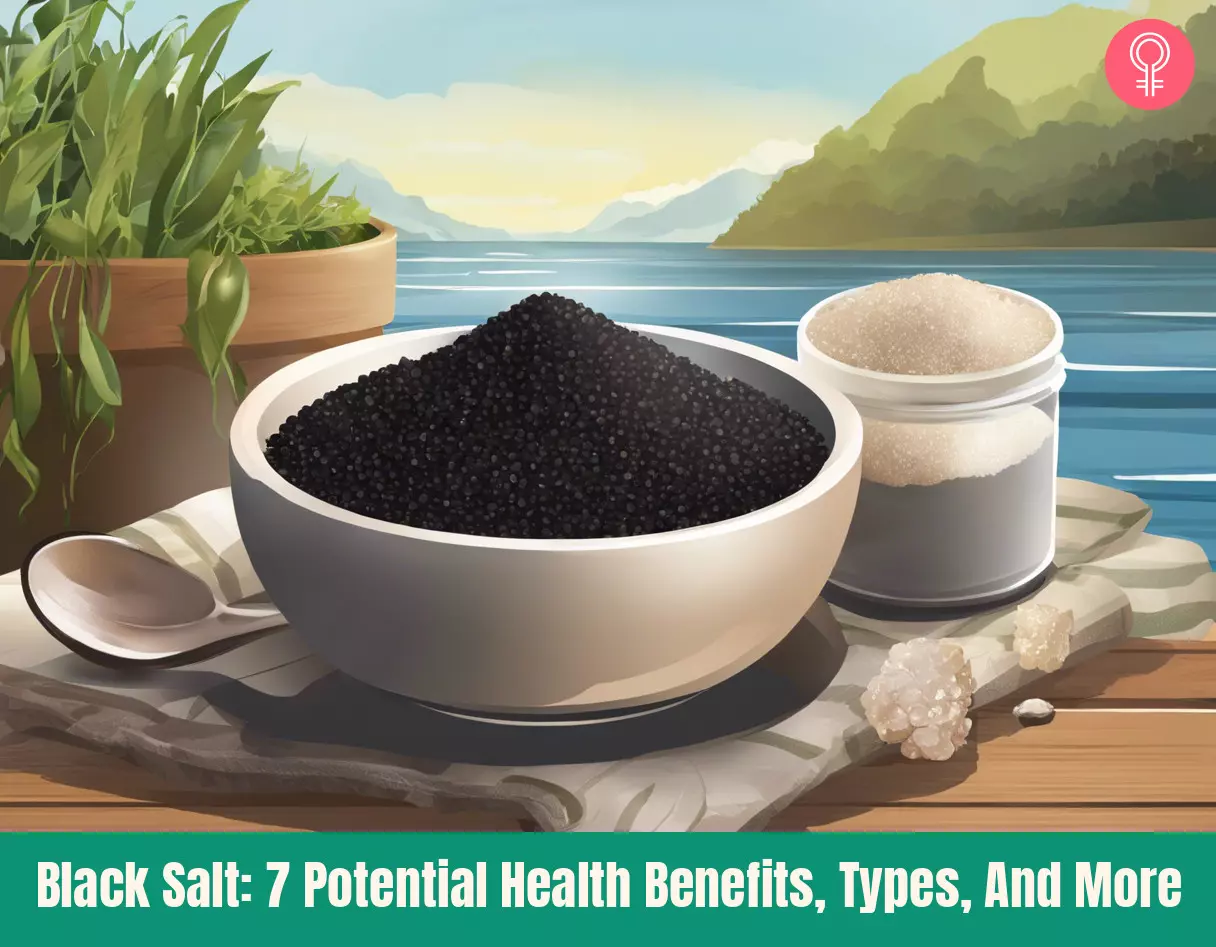
Image: Stable Diffusion/StyleCraze Design Team
Discover the amazing benefits of black salt. Learn how it can help improve digestion, reduce bloating, and even aid in weight loss. This video has all the info you need!
Personal Experience: Source
StyleCraze's articles are interwoven with authentic personal narratives that provide depth and resonance to our content. Below are the sources of the personal accounts referenced in this article.
i. Black salt magichttps://justbloggs.wordpress.com/2012/04/24/black-salt-magic/
References
Articles on StyleCraze are backed by verified information from peer-reviewed and academic research papers, reputed organizations, research institutions, and medical associations to ensure accuracy and relevance. Read our editorial policy to learn more.
- The taste of table salt, European Journal of Physiology, US National Library of Medicine, National Institutes of Health.
https://pubmed.ncbi.nlm.nih.gov/25559847/ - Dietary Salt Intake and Hypertension, Electrolytes and Blood Pressure, US National Library of Medicine, National Institutes of Health.
https://www.ncbi.nlm.nih.gov/pmc/articles/PMC4105387/ - Potassium iodide, but not potassium iodate, as a potential protective agent against oxidative damage to membrane lipids in porcine thyroid, Thyroid Research, US National Library of Medicine, National Institutes of Health.
https://www.ncbi.nlm.nih.gov/pmc/articles/PMC3766666/ - Lipid Peroxidation and Its Toxicological Implications, Toxicological Research, US National Library of Medicine, National Institutes of Health.
https://www.ncbi.nlm.nih.gov/pmc/articles/PMC3834518/ - Dietary sodium intake and overweight and obesity in children and adults: a protocol for a systematic review and meta-analysis, Systemic Reviews, US National Library of Medicine, National Institutes of Health.
https://www.ncbi.nlm.nih.gov/pmc/articles/PMC4717573/ - Role of Potassium in Regulating Blood Flow and Blood Pressure, American Journal of Physiology, US National Library of Medicine, National Institutes of Health.
https://pubmed.ncbi.nlm.nih.gov/16467502// - Dietary Influence on Body Fluid Acid-Base and Volume Balance: The Deleterious “Norm” Furthers and Cloaks Subclinical Pathophysiology, Nutrients, US National Library of Medicine, National Institutes of Health.
https://pubmed.ncbi.nlm.nih.gov/29914153/ - Sulfites inhibit the growth of four species of beneficial gut bacteria at concentrations regarded as safe for food, PLoS One, US National Library of Medicine, National Institutes of Health.
https://www.ncbi.nlm.nih.gov/pmc/articles/PMC5646858/ - The Efficacy of Sodium Bisulfate Salt (SBS) Alone and Combined With Peracetic Acid (PAA) as an Antimicrobial on Whole Chicken Drumsticks Artificially Inoculated With Salmonella Enteritidis, Frontiers in Veterinary Science, US National Library of Medicine, National Institutes of Health.
https://www.ncbi.nlm.nih.gov/pmc/articles/PMC6363672/ - Structural characterization of Himalayan black rock salt by SEM, XRD and in-vitro antioxidant activity, Science of the Total Environment, US National Library of Medicine, National Institutes of Health.
https://pubmed.ncbi.nlm.nih.gov/32798866/
Read full bio of Aakriti Arora
Read full bio of Sindhu Koganti
Read full bio of Ravi Teja Tadimalla
Read full bio of Payal Karnik






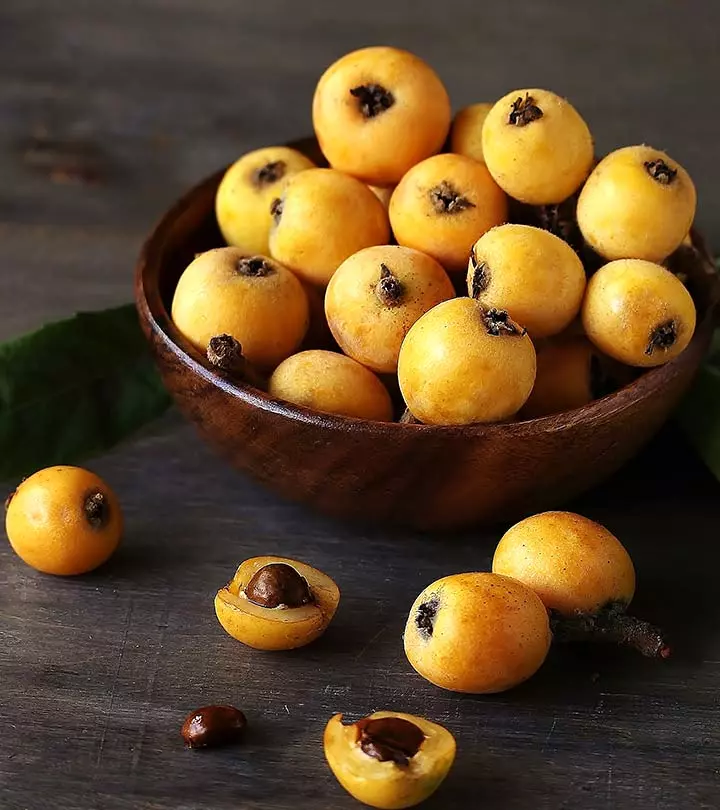
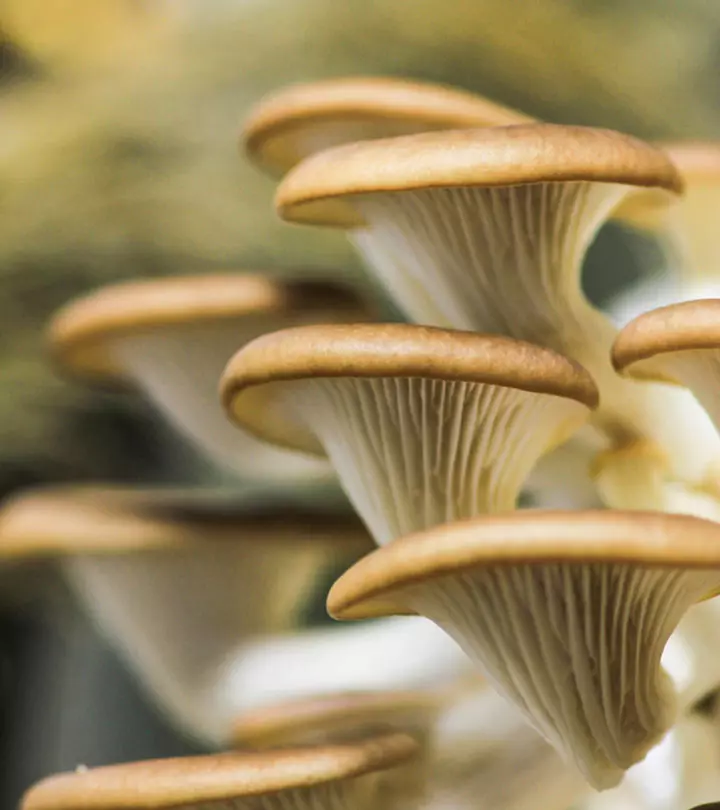

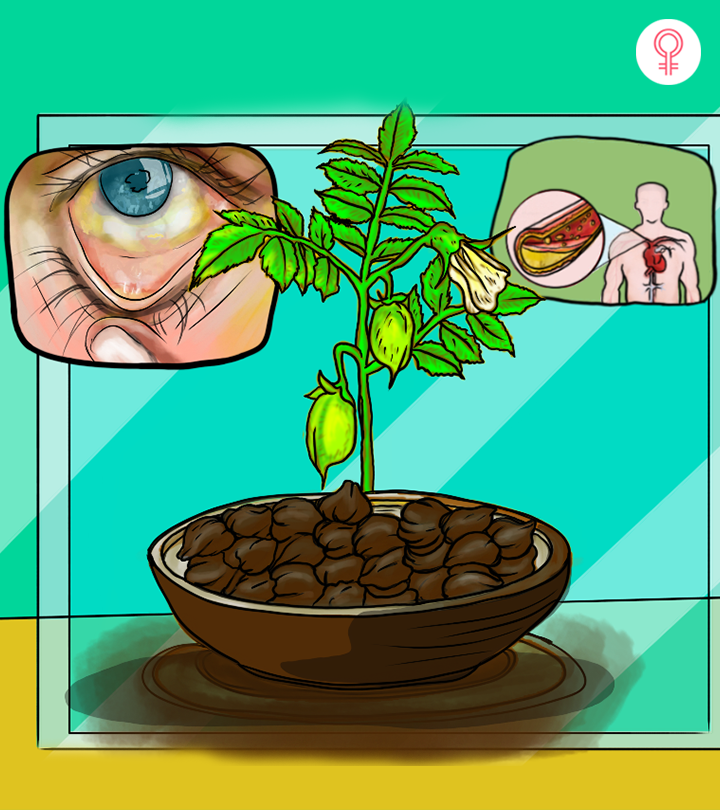
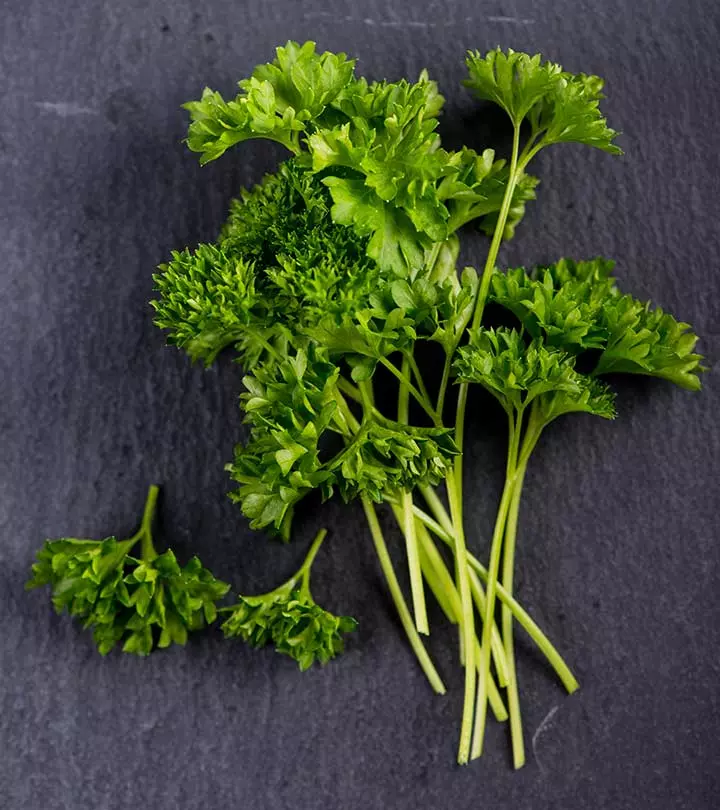
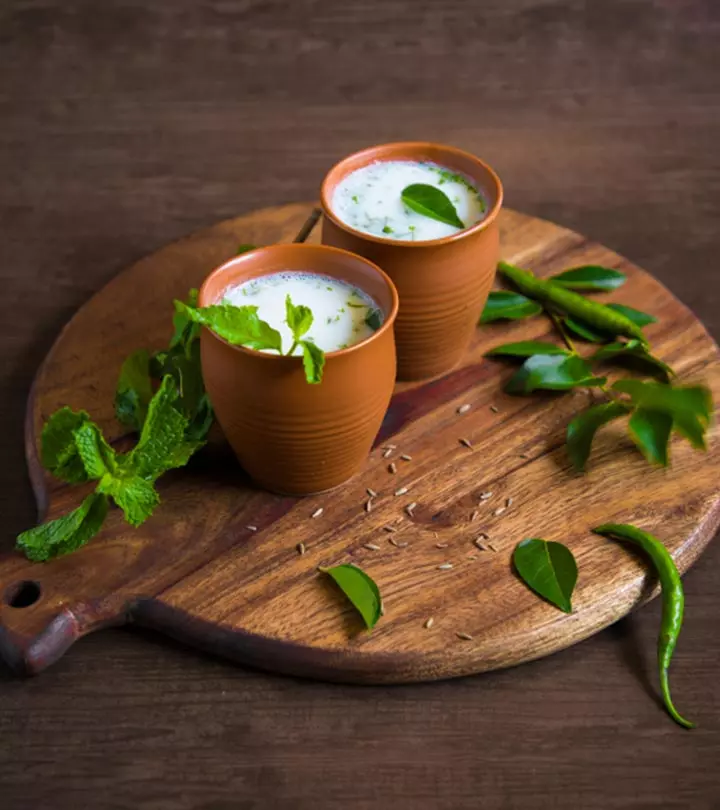
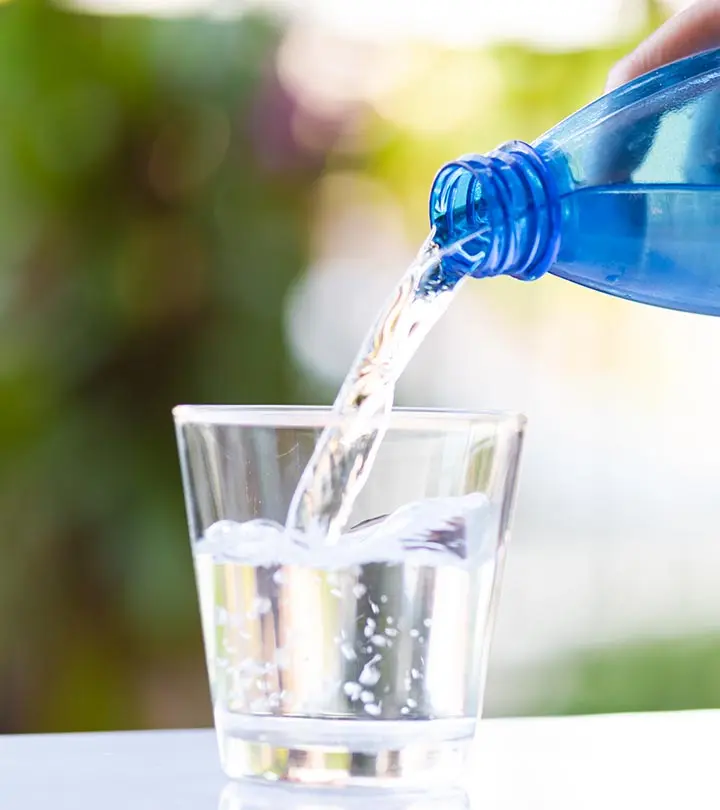
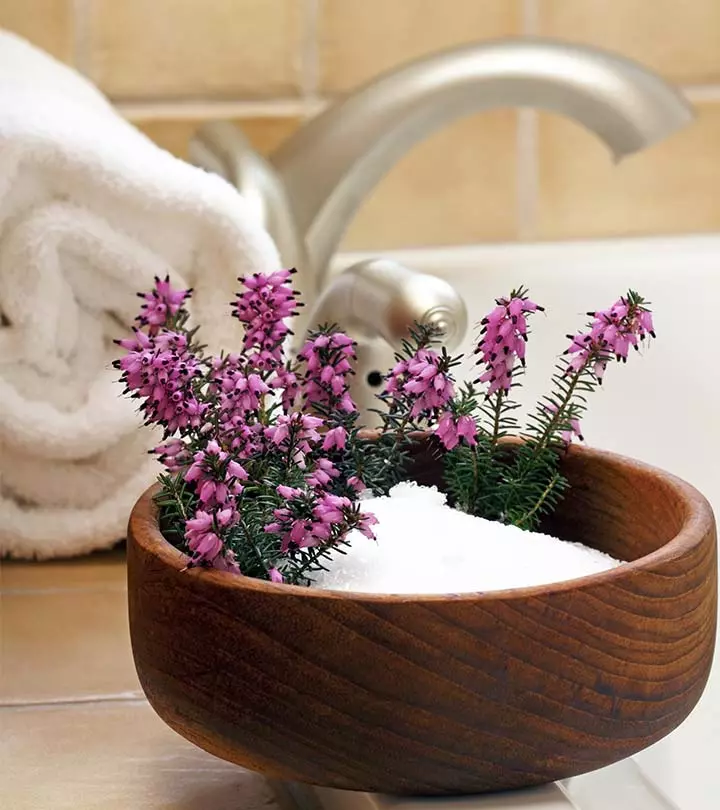


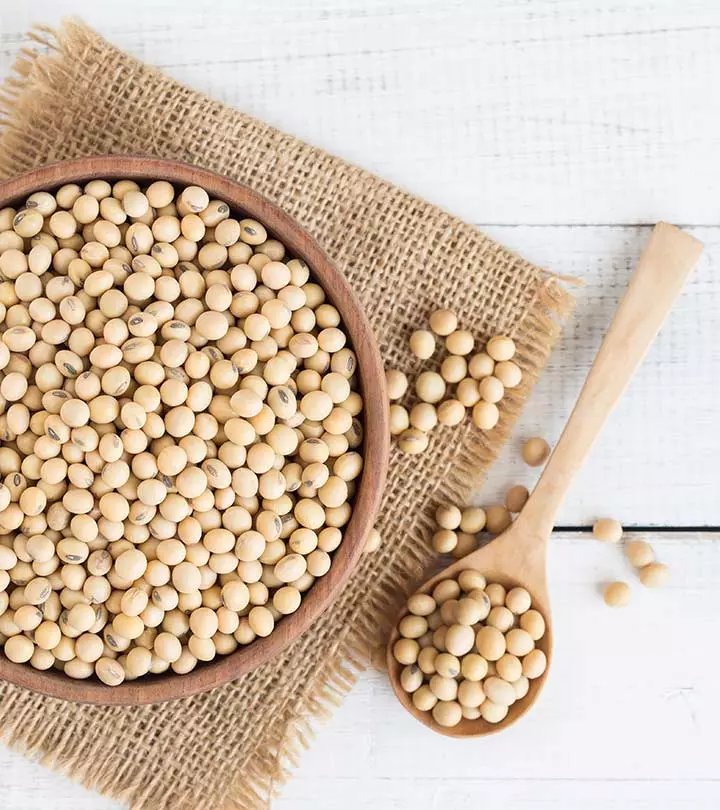
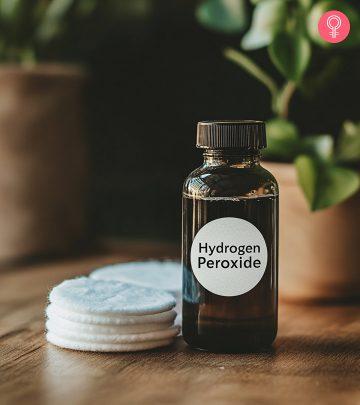
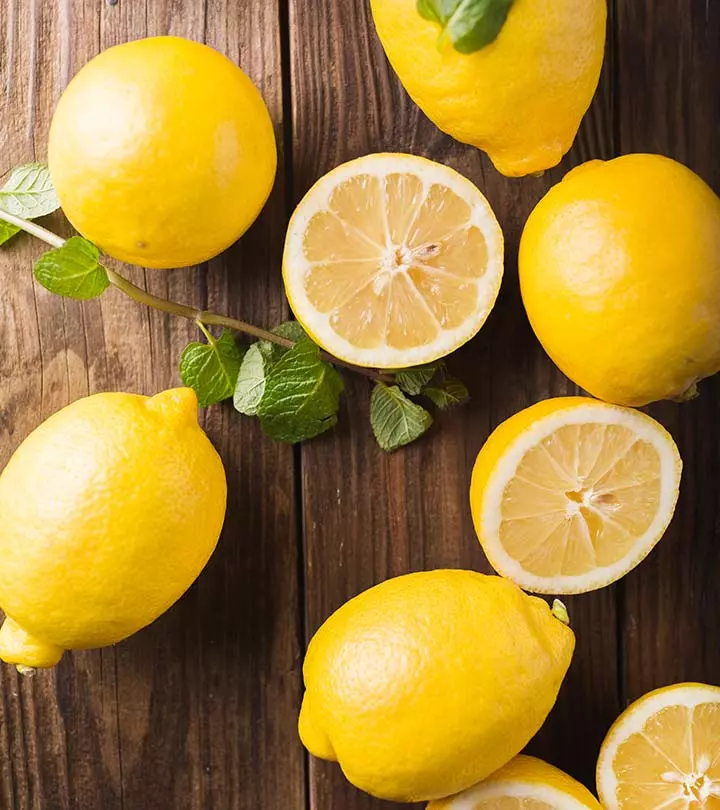
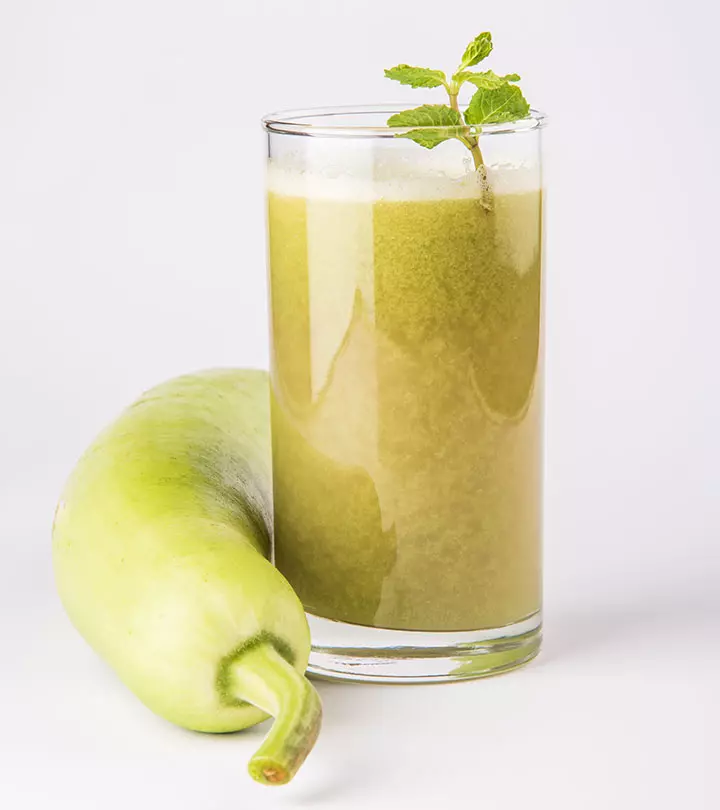
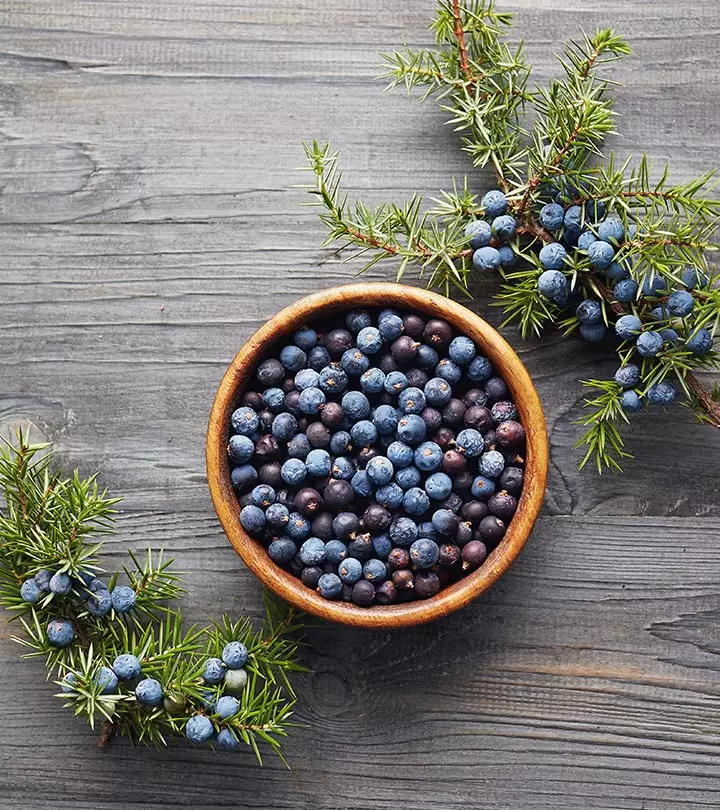
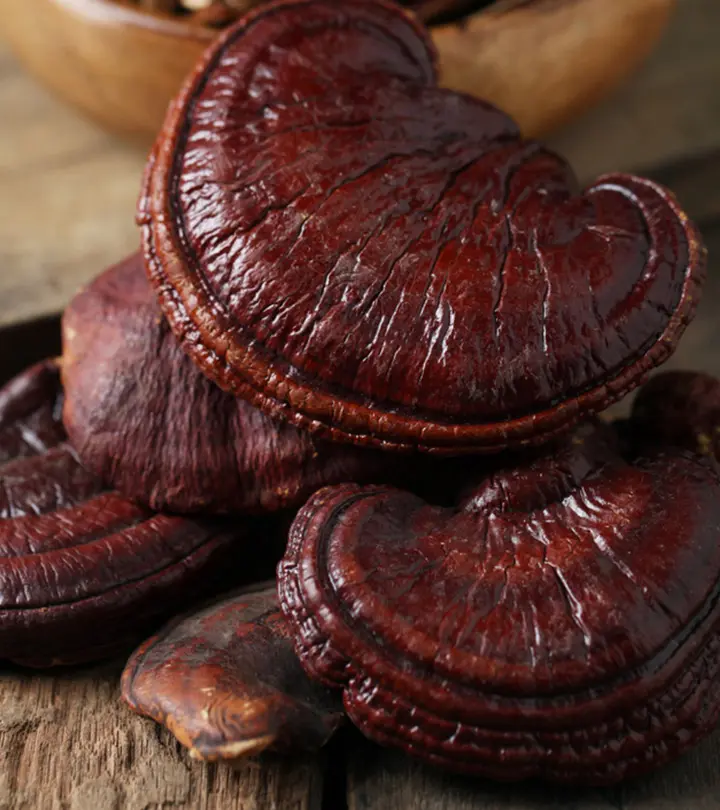
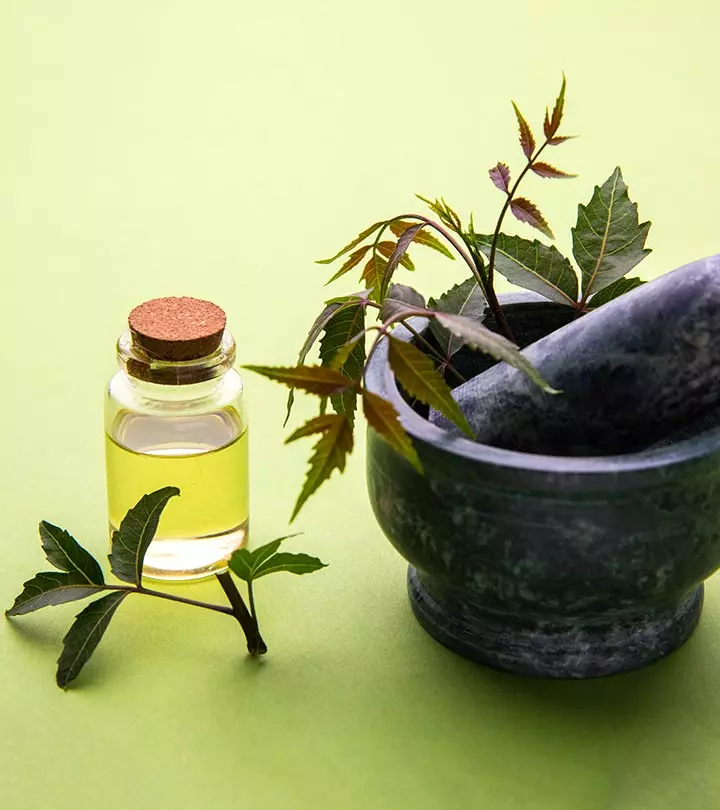
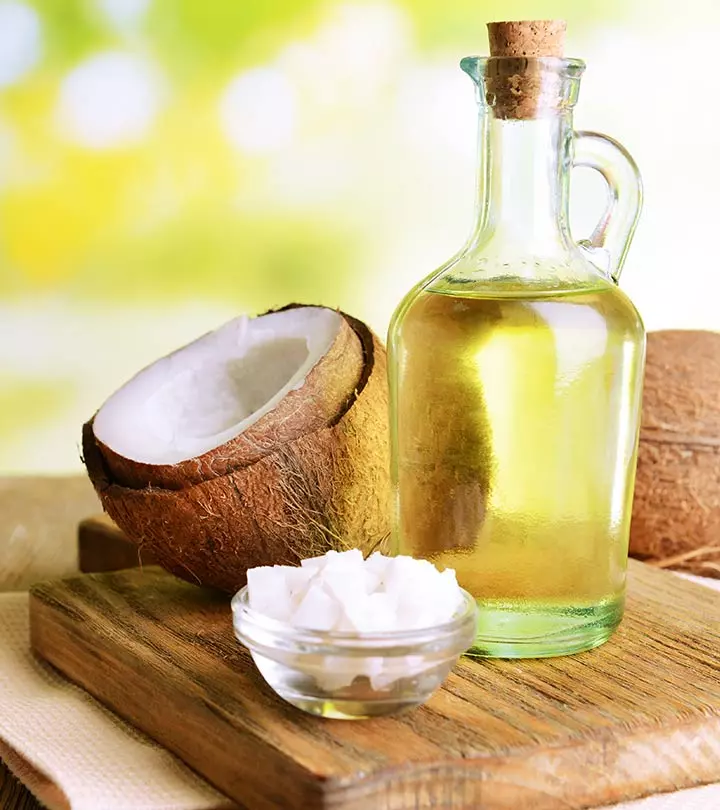
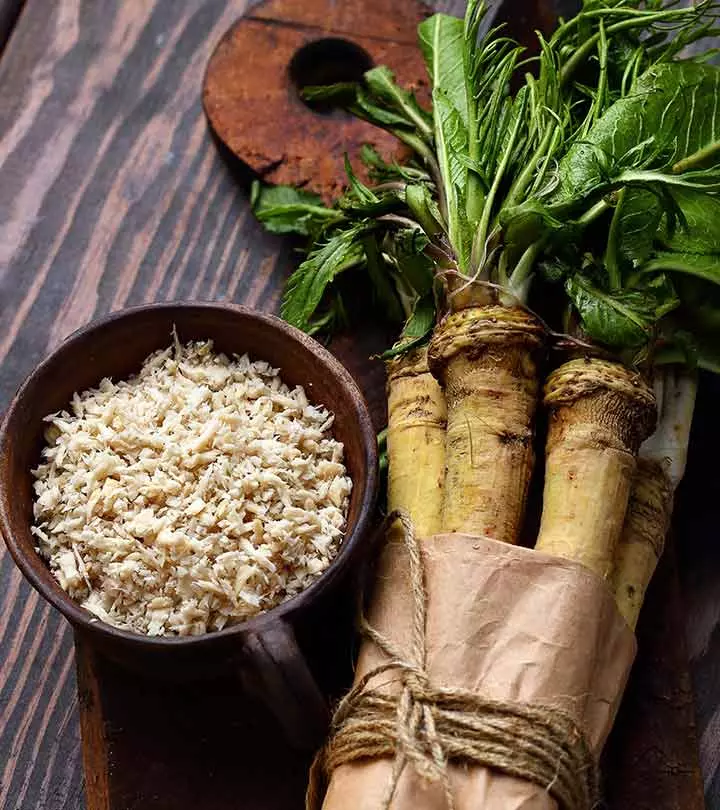

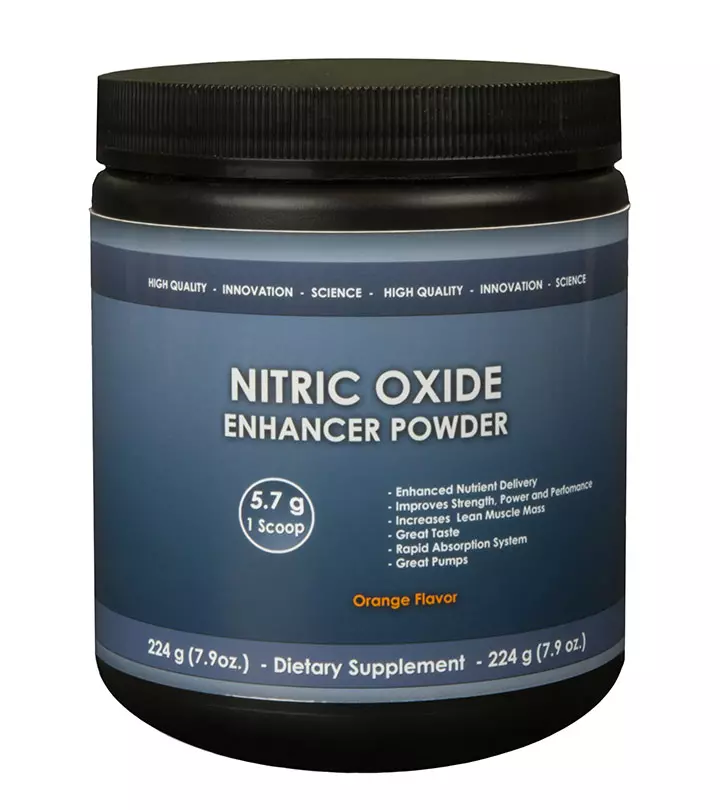
Community Experiences
Join the conversation and become a part of our empowering community! Share your stories, experiences, and insights to connect with other beauty, lifestyle, and health enthusiasts.